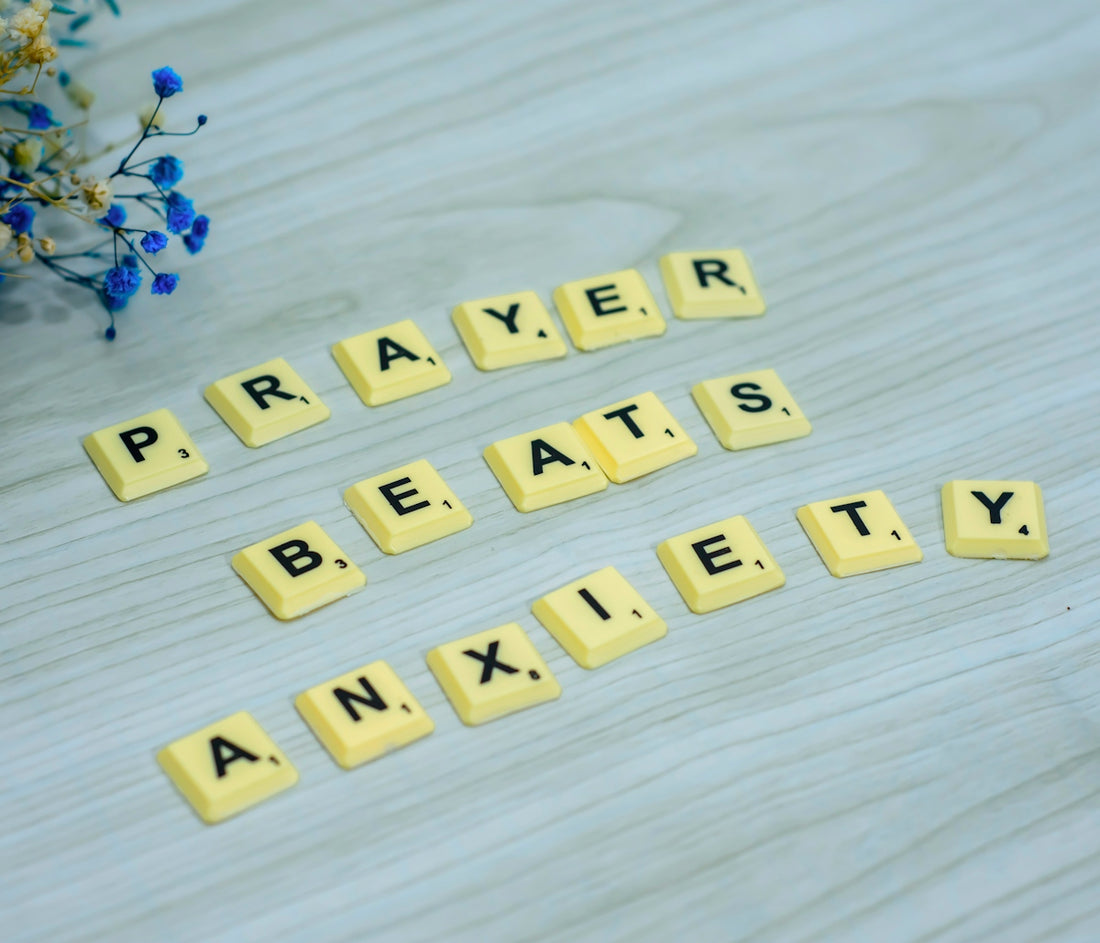
How-To Guide for Balancing Mind and Body in Mental Health Recovery
Achieving a well-balanced life is essential for those undergoing mental health recovery. The intricate relationship between mind and body plays a pivotal role in this process. In our modern world, where stress is omnipresent and distractions are abundant, maintaining harmony between mental and physical health can feel challenging. However, with the right guidance and strategies, it is possible to achieve this balance and foster a holistic recovery.
Understanding the Connection
Before we dive into actionable steps, it's crucial to comprehend how our mental and physical states are intertwined. Our body reflects our mental state and vice versa. Stress, anxiety, and depression can manifest physically through fatigue, muscle tension, and other ailments. Conversely, physical health issues can trigger or exacerbate mental health struggles. This symbiotic relationship underscores the importance of addressing both aspects in mental health recovery.
Steps to Balance Mind and Body
1. Mindful Movement
Engaging in activities that combine mindfulness and physical exercise can work wonders for your mental health. Practices such as yoga, tai chi, or qigong focus on intentional breathing and body awareness, promoting both physical fitness and mental clarity. By dedicating time to these activities, you can alleviate stress and enhance emotional well-being.
2. Nutrition Matters
Eating a balanced diet rich in vitamins, minerals, and essential nutrients is vital in supporting both physical and mental health. Omega-3 fatty acids, found in fish and flaxseeds, have been shown to improve mood and cognitive function. Similarly, staying hydrated and consuming a variety of fruits and vegetables contribute to overall well-being.
3. Restorative Sleep
Sleep is a cornerstone of recovery. It is during restful sleep that the body repairs and the mind rejuvenates. Prioritizing a regular sleep schedule and creating a calming pre-sleep routine can lead to better sleep quality and improved mental health.
4. Emotional Awareness
Building emotional awareness involves acknowledging and accepting emotions without judgment. This self-awareness can lead to emotional stability and resilience. Practices such as journaling or meditation can help you explore and process your emotions effectively.
5. Seek Professional Guidance
Sometimes, balancing mind and body requires external support. Engaging with mental health professionals who understand the nuances of mental health recovery can provide individualized strategies that cater to your unique circumstances. Counseling or therapy can complement your journey towards a balanced life.
Creating Your Personalized Plan
Every journey towards mental health recovery is unique, and it's important to tailor the above strategies to suit your individual needs. Start by assessing what areas require the most attention and create a personalized plan. Set realistic goals and be patient with your progress. Remember, the path to balance is not about perfection but continuous growth.
Join Our Community
The Astaris Foundation for Change is dedicated to supporting those on their journey of mental health recovery. By joining our community, you can connect with like-minded individuals, share experiences, and access resources that can aid your journey towards balance. For more information and support, visit The Astaris Foundation for Change.
Together, let us walk the path of recovery, striving for harmony between mind and body.
